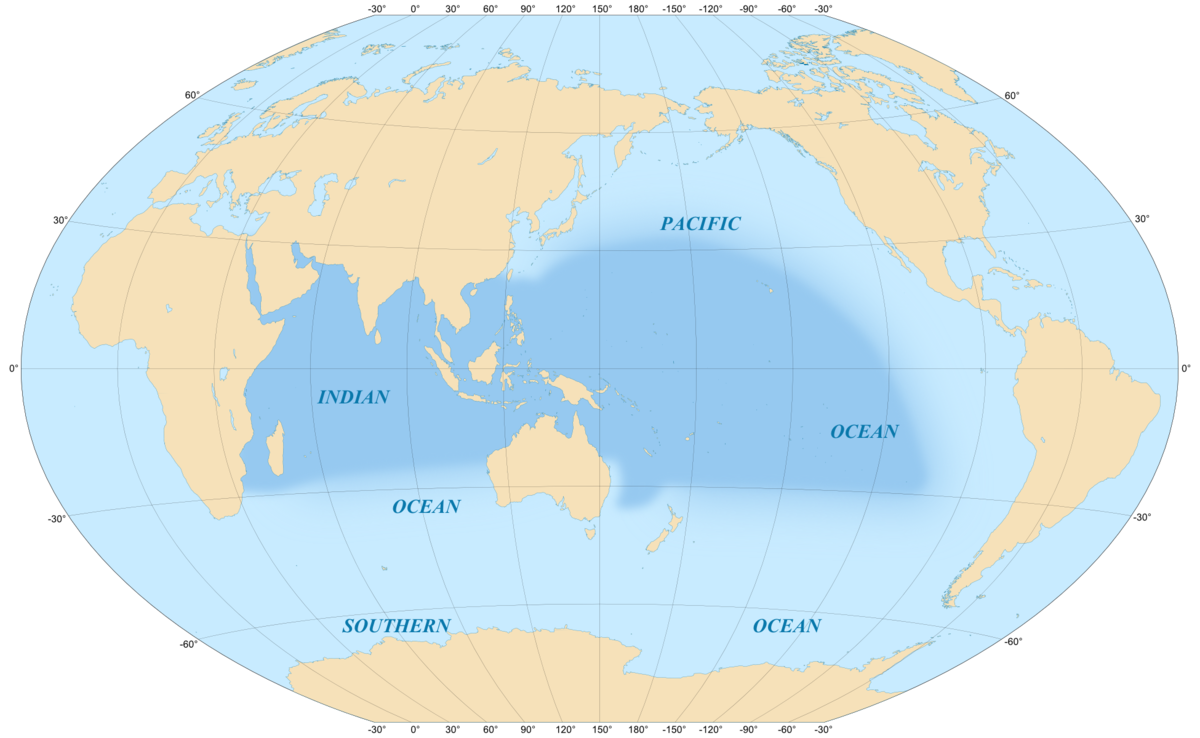"For supermarkets and their suppliers, as part of the operational plan the UK committed to at the UK-EU Joint Committee on 24 February, the current Scheme for Temporary Agri-food Movements to Northern Ireland (STAMNI) will continue until 1 October. Certification requirements will then be introduced in phases alongside the roll out of the Digital Assistance Scheme." (see the minister's written statement of 3 March 2021).
In a letter to Lord Frost dated 15 March 2021, Mr Maroš Šefčovič, Vice-President of the Commission complained that the announcement was a breach of the Northern Ireland Protocol which is an integral part of the agreement by which the UK withdrew from the European Union.
The letter is the first step in proceedings that the Commission has threatened to bring against the British government for the infringement of the withdrawal agreement. It indicates that the Commission has two options. It could bring proceedings in the Court of Justice of the European Union under art 12 (4) of the Northern Ireland Protocol:
"In particular, the Court of Justice of the European Union shall have the jurisdiction provided for in the Treaties in this respect. The second and third paragraphs of Article 267 TFEU shall apply to and in the United Kingdom in this respect."Alternatively, it can start consultations under art 169 (1) of the withdrawal agreement:
"The Union and the United Kingdom shall endeavour to resolve any dispute regarding the interpretation and application of the provisions of this Agreement by entering into consultations in the Joint Committee in good faith, with the aim of reaching a mutually agreed solution. A party wishing to commence consultations shall provide written notice to the Joint Committee."
This could lead to arbitration in accordance with the dispute resolution procedures that I discussed in Dispute Resolution under the Withdrawal Agreement on 31 Dec 2020.
Either course could have adverse consequences for the British government. A press release of 15 March 2021 hints darkly at "the possibility to impose a lump sum or penalty payment" if the Commission prevails though it does not identify the authority by which such a penalty could be imposed and I can't think of any right now. However, it could make a finding that would embarrass the British government in its dealings with countries outside the EU. As for the alternative, the press release warns:
"This may ultimately also result in the imposition of financial sanctions by the arbitration panel. In case of non-payment or persisting non-compliance, the EU could suspend its obligations under the Withdrawal Agreement (with the exception of the citizens' rights part of the agreement) or from the Trade and Cooperation Agreement, in accordance with Article INST.24(4), e.g. by imposing tariffs on imports of goods from the UK."
That would be damaging especially as the UK and remaining member states remain party to many other multilateral agreements such as the Atlantic alliance.
Anyone wishing to discuss this article or the resolution of disputes with the EU may call me on +44 (0)20 7404 5252 during office hours or send me a message through my contact page.




